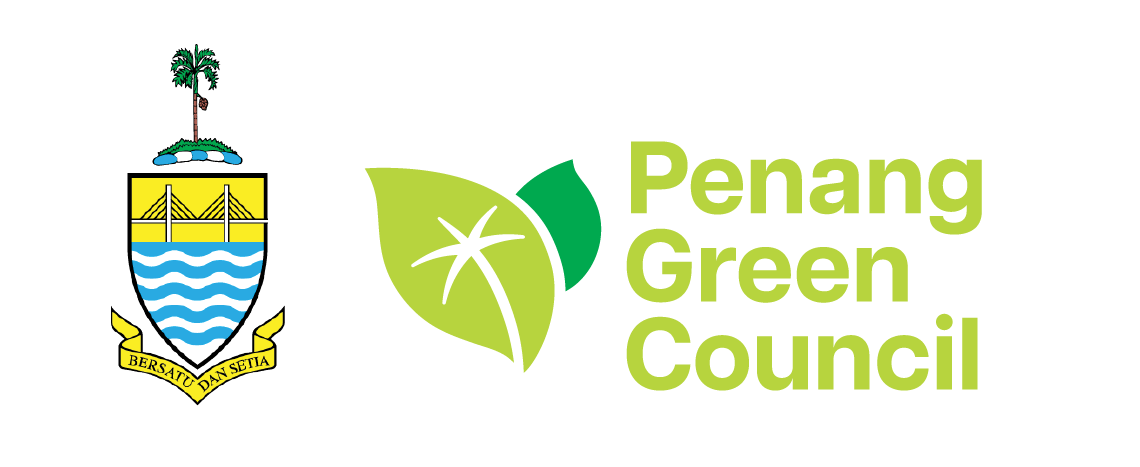Speech for YAB Chow Kon Yeow, Chief Minister of Penang cum Chairman of Penang Green Council on 10th May 2022 at Bilik Mutiara, Level 52, Komtar.
Good morning and welcome everyone.
Today, we are witnessing another milestone in the making. As part of the state’s Penang2030 vision to achieve the next leap of our local manufacturing industries towards the digital age and green economy, the State Government through Penang Green Council and its collaboration with the Federation of Malaysia Manufacturers (FMM) will be kickstarting a project to promote our green industry. Having said this, we are here today for our next move towards a more sustainable and productive industry.
The project will align with the Penang Green Agenda (PGA) launched in 2021 which set out the framework for Penang to achieve our SDGs by 2030. In our PGA, 10 key areas have been identified and highlighted by the people of Penang as important issues we must face and overcome.
I must commend the FMM for the role and undertaking to encourage its stakeholders to be involved in Green Industry while strengthening the key actors along the entire value chain. Hence, I am confident that the FMM will be an effective strategic partner to bridge PGC with the private sector in order for the State to reap the benefits of the Circular Economy (CE).
The Circular Economy (CE) is based on three principles; Eliminating waste and pollution, keeping products and materials in use, and regenerating the natural system. CE is a way for us to transform our throw-away system, and to tackle global challenges like climate change, biodiversity loss, waste, and pollution.
Overall, CE encapsulates the spirit of sustainable consumption, energy efficiency, effective waste management and emission reduction. Integration of CE practices does not inhibit the manufacturing processes. Rather, it promotes business operations that can achieve growth while ensuring environmental sustainability.
Ladies and gentlemen,Today’s project – Circular Economy and Industry Programme (CEIP): Platform for Partnerships and Capacity Development – will focus on fostering the creation of a CE in the E&E sector, which is a significant contributor to the State’s manufacturing industry.
The state has been exploring renewable energy and energy efficiency (RE & EE) as well as a sustainable waste management system. At the national level, some examples include KASA’s Malaysia Plastics Sustainability Roadmap 2021-2030 and the Malaysia Renewable Energy Roadmap (MyRER) launched by KeTSA.
Even at the international level, the EU is planning for a Carbon Border Tax and this means anything that enters Europe which is not classified as low carbon, will be imposed a tax. It is also important to note that such a green growth within Penang will see a great need for labour skills to deliver this green transition.
This project aims to reduce the environmental impacts of production and consumption within the E&E sector; to improve the sector’s productivity, environmental performance and competitiveness; and to transform Penang into a Green Industrial Hub. We hope that by the year 2030, we can finally introduce the State’s first Green Industry Roadmap and establish a green investment and transition plan. We also hope to improve on local skills and promote innovation.
I hope that the signing of this MoU will be the beginning of greater achievements in Penang. Though CE is a fairly new concept, its adoption in the E&E sector will help businesses meet ESG targets and achieve SDGs.
CE has become the catalyst to drive innovation and technological growth. Hence, if the technologies and innovations of Industry 4.0 can accelerate the transition of most industries to circular economy, we can nurture an innovation-driven industrialization.



Leave a Reply